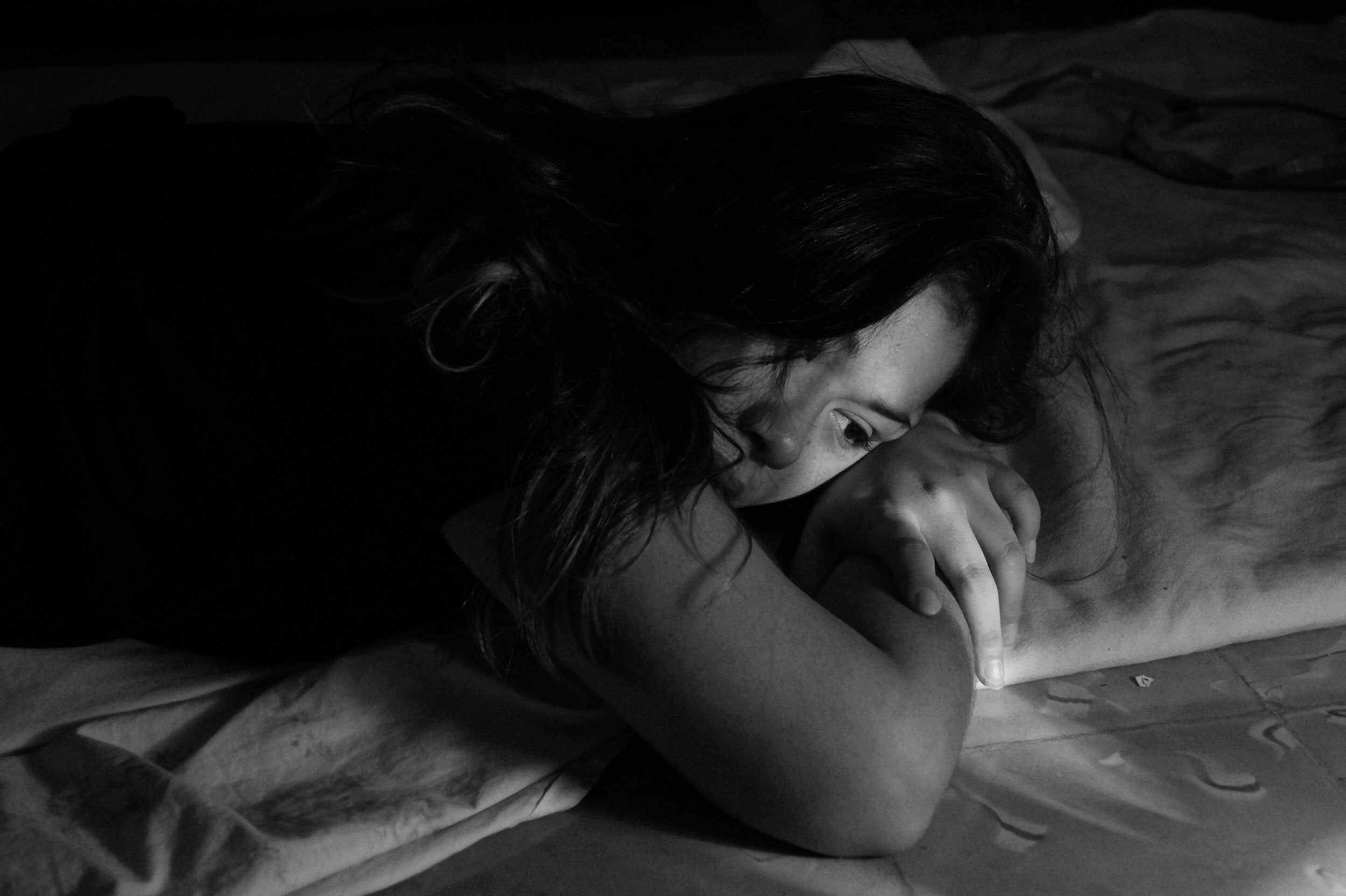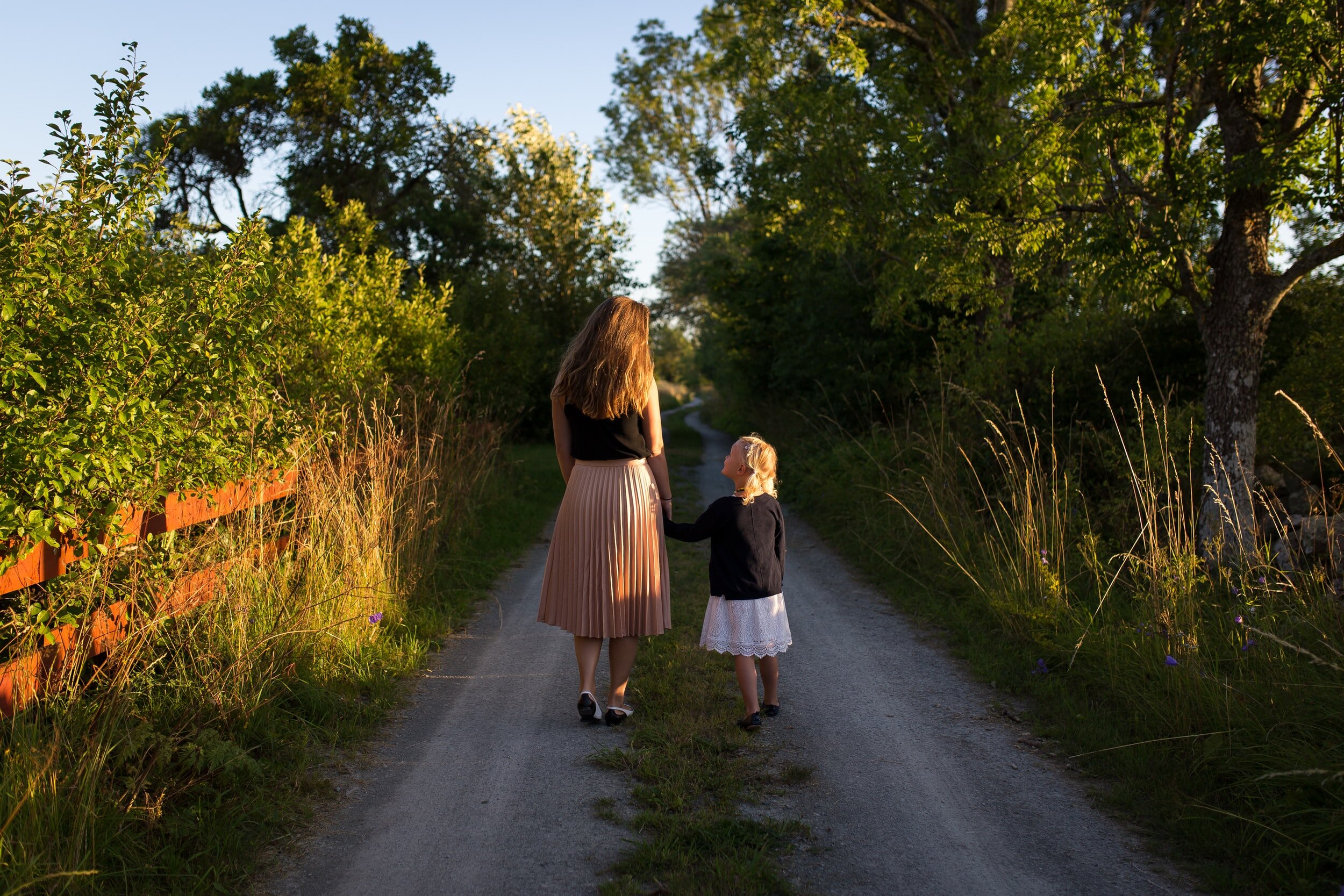Giving up counseling.
5 things to consider before you stop going.
Are you thinking about quitting counseling? Before you do, reflect on these 5 things.
-
Do I have the right counselor? Not all counselors will be a good fit so it’s important to reflect on the connection between you and your counselor. Do your personalities click? Do you have good chemistry? Sometimes we just don’t click with someone and that’s okay. Try finding someone who you feel comfortable being vulnerable with.
-
Does your counselor have the right approach? Different counselors have different approaches to therapy. A good thing to research while looking for a compatible counselor is their specialization and clinical approach. It’s important to choose a counselor with the knowledge and experience that best suits you and the areas you want to focus on.
-
Are you ready to commit to counseling? Starting counseling requires a certain level of commitment to the process. Can you trust your counselor? Can you trust the healing process? Are you a few sessions in and want to give up? If this is something you’ve dedicated time and energy to, try to give it a few more chances.
-
Are you actually avoiding dealing with things? This is so important to recognize! Counseling can be hard, uncomfortable, and challenging, and for those with avoidant tendencies, delving into feelings of discomfort can feel overwhelming. Ask yourself if you’re avoiding talking about certain issues. It can be a great opportunity to communicate your avoidance and readiness with your counselor.
-
Holistically, what are you doing aside from counseling? If you feel like you have the right counselor but something still isn’t working, reflect on the healing work you’re doing outside of counseling. Do you need to see a doctor? Chiropractor? Herbalist? Reflect on your exercise and nutrition. This can also be a great topic to bring up and discuss with your counselor.
If you’ve considered these 5 things and still feel like ending counseling, that’s okay! You are allowed to take a break from counseling, switch counselors, or stop to reflect on the other areas in your life that might need attention. Remember, you own this process!
want to read more? catch up on our latest blogs below.
Previous Blog Post
Next Blog Post











Nov 17, 2021
Nov 17, 2021
Stress is a state of mental or emotional strain or tension resulting from adverse or very demanding circumstances. It is the body’s physical response to a real or perceived threat, demand, or danger.
Everyone experiences stress at different levels. Even when the same stressors are present, our experiences can be different. Certain groups experience higher levels of stress, for example, communities of color, LGBTQIA+, women, and parents.
Stress isn’t always harmful. For example, think about the motivation you feel to study for your next exam, or the urge to make a to-do list on a Sunday. These are positive ways that stress can help you focus and complete tasks. But when stress is frequent and intense, it can affect your overall health, resulting in a reduced quality of life.
This is why we want to help you get to the root cause of your stress, understand the ays it manifests for you, and learn preventative tools for coping with stress. Because you deserve a healthy, happy life.
Nov 17, 2021